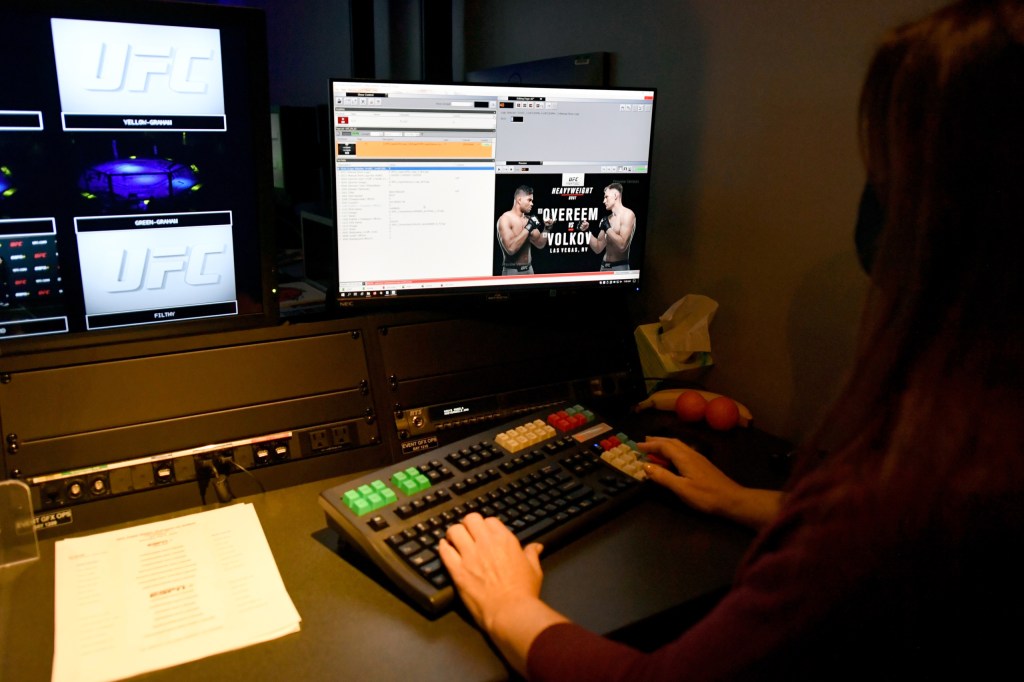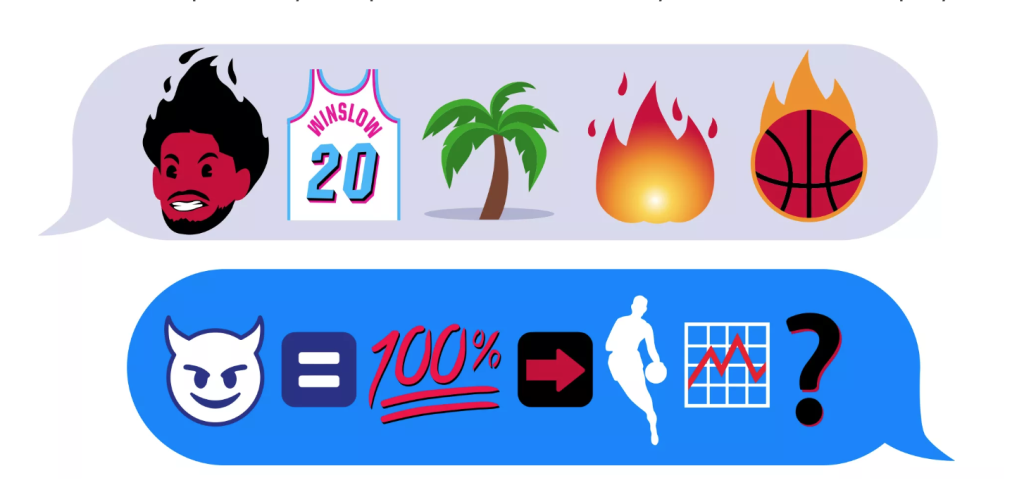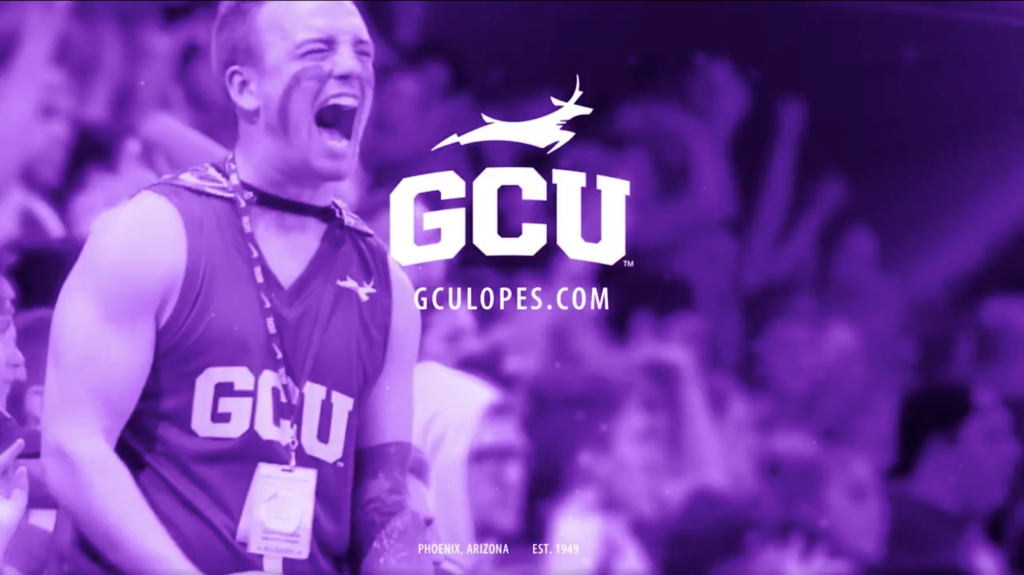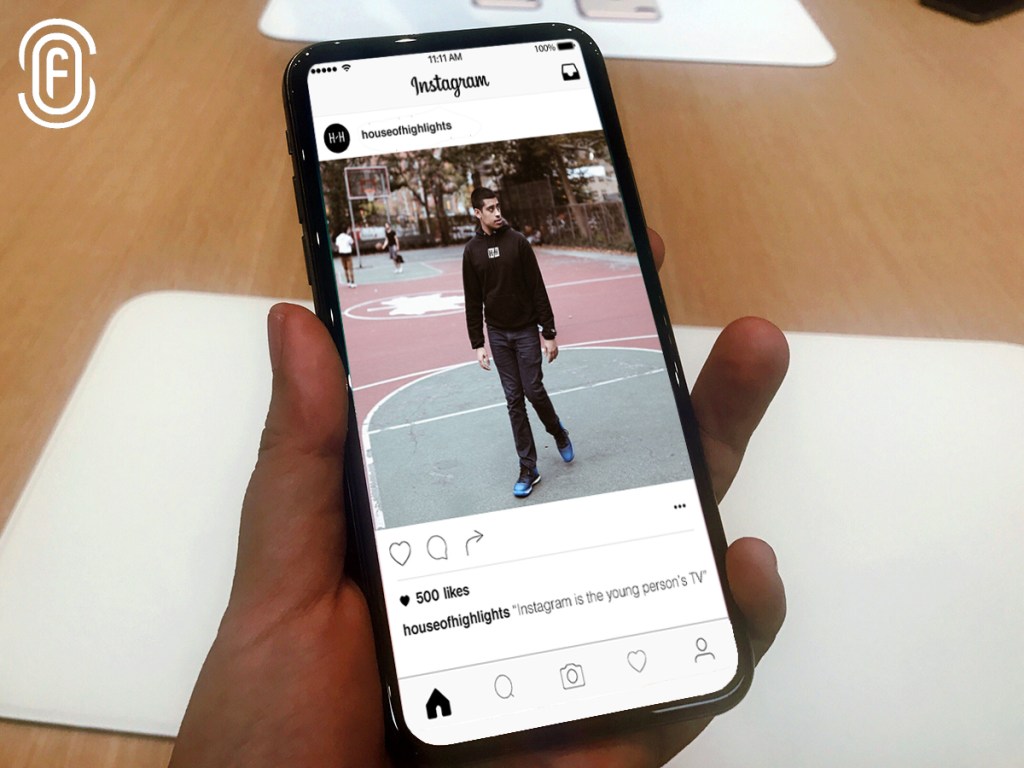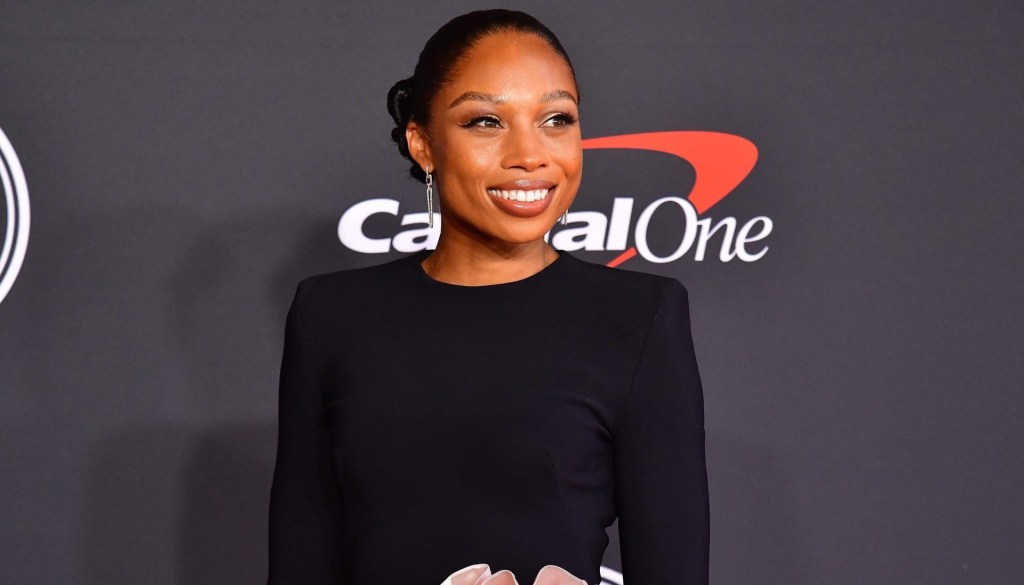By: Adam White, @FOSAdam
Front Office Sports is proud to have had Rush Olson, Principal of Rush Olson Creative & Sports sit down with us and discuss the creative media aspect of sports. Rush is an alumnus of Trinity University in San Antonio, Texas. He majored in communication and history and minored in economics. He encourages everyone to take a class in economics, because as he said “It helps you understand how the world works.” Below you’ll find great insight on how to work your way up in the sports industry, what the creative media aspect of sports is all about, what it takes to run your own sports related business and what it feels like to have beer poured on you after winning a championship.
What previous positions did you have before your current position?
I started in the television business, which I targeted in large part because it seemed a good way to work in sports. I started in the mailroom at KTVT-TV in Fort Worth/Dallas and eventually worked my way up to the rank of Executive Producer in the Marketing Department. The station carried a lot of sports when I started and it gave me a lot of opportunities to make connections and gain experience.
At the same time, I freelanced doing play-by-play work for a local cable TV station. I called hockey, baseball, basketball, tennis, and a lot more.
I moved to KXTX-TV in 1998 as promotion manager. We had a lot of sports and entertainment programming, plus a great group of employees. It might have been my favorite job other than my current one.
At the time, Southwest Sports Group owned the TV station. When they sold it, I moved over to work for their other properties: The Texas Rangers, Dallas Stars, and Mesquite Championship Rodeo. For the next dozen years or so, I created commercials and other electronic marketing materials for those entities. By the end, I was strictly a Rangers employee, with the other businesses spun off along the way.
I left the Rangers in January 2013 to start my own creative services firm, which I called Rush Olson Creative & Sports. I wanted to do a wider variety of creative work and at a higher level than I could working for one team and have so far really enjoyed it.
What was your day like when you worked for the Texas Rangers? Dallas Stars? What daily challenges did you face?
One of the good things about sports is that you don’t often have the same day twice. There is always something new. You’ve always got a new home stand, trade, or season to work on.
When I worked for both the Rangers and Stars (as well as the rodeo), it seemed like I just went from one thing to the next. There was no offseason and there were no slow days. Once I transitioned to working primarily for the Rangers, we generally planned around home stands. I knew if I needed to shoot a commercial with a player, for instance, the only time that would happen was when the team was in town.
In terms of daily challenges, since I worked with video a lot, you always had potential technical issues to watch out for. You also had challenges inimical to sport, like the player about whom you just did the big commercial getting injured or traded. I have really felt for what my former colleagues at the Rangers have endured this year with all the DL trips. It reminds me of the 2002 season, which was full of daily challenges.
What is a day like in your current position?
Every day is really different from the last. Today I communicated with clients or partners in four different countries and worked on any number of different projects. Some involve sports and some do not.
I try to maintain a daily balance between three things: immediate work that must get done for current clients, long-term projects (I am working on making a movie and a couple of TV programs, for example), and prospecting/networking with an eye to future business.
In your opinion what does it take to succeed in having your own sports related business?
Perhaps the most important thing to acquire is something you can’t buy: a reputation. One piece of advice I always give folks is that you must prove you don’t s**k (pardon my French). When people find you competent and enjoyable to work with, they will want to work with you again. That applies to a person seeking a position with a company as well as someone opening one’s own shop. I try to establish my personal brand’s reputation every time I work with someone, and we’ll know how well I have done with it by how successful my business proves.
What does a sports industry professional need to excel in a major league organization?
You need sports knowledge and a love of sport. I know that sounds obvious, but somehow it doesn’t always make it into the hiring process. Working in sports means working hard while others play, so if you don’t have passion for it, you won’t last long.
Experience, of course, is invaluable. One recommendation I would have is to collect as many experiences as you can related to the field you want to enter. Even tangentially related businesses, like media, can help you gain skills and meet contacts that can help you realize your long-term goals in sports.
You also need to act professionally. Don’t be star-struck. The famous athlete you’re working with is just a person, so treat him or her professionally and you will be perceived as a professional by those associated with the business. That doesn’t mean it’s not okay to be really, really happy when your team wins a championship. I’ve had beer poured on me in a championship locker room. That is a great feeling (albeit a cold one).
If you had to hire someone today, what traits would the ideal candidate, in your opinion, need to possess to succeed in today’s sports industry?
The skill that is the best ticket to success in the sports business is actually not one that I specialized in coming up, although I do make an effort at it now. The skill is sales. If you can learn to sell, and entry-level sports sales is hard, you can rise up the ladder. For some good general tips on selling, check a book by a business colleague of mine, Scott Anderson, and Chip Kurdle, called Reignite. It offers some great tips on succeeding once you get that first (or tenth) sales job.
In terms of what I would look for, I seek men and women with a solid work ethic, integrity, a positive outlook, and a desire to innovate.
What is the best career advice you’ve received?
Drink more beer. I’m serious — that’s how my colleague phrased it. But my friend didn’t mean to literally drink more beer. He meant to get out and meet people and establish your network, whether that meant socializing over a beer or going to a luncheon or reconnecting with someone I hadn’t seen in a long time. He was right, because you get work from folks who know you don’t s**k, and when you demonstrate that to people or remind them of it, you cultivate present or future business.
What are 5 tips you have for someone who wants to be successful in today’s sports industry?
Be involved in sports at the highest level you can as early as you can. Play at as high a level as possible and then look for opportunities to intern, sell, or wash socks.
Learn to sell.
Learn to write. There is so much subpar writing out there and yet sports demands enormous quantities of the written word. Grammar and spelling count. They really do.
LinkedIn — make your profile robust.
Follow the business side of sport. Many general sports reporters do not understand the business side of sports (because they didn’t take the econ class I recommended above), so dig past the headlines. Subscribe to the Sports Business Journal and watch the various sports business reports. After I read such journals, I often write down the names of companies with whom I’d like to work and follow up
What were the differences in being the Creative Director for the Stars and being the Creative director for the Rangers?
There weren’t too many differences from an execution or goals (no pun intended) standpoint. The sports were in different positions within a sun-belt market, so you always had to keep that in mind. I might have to educate the buyer a bit more about the game itself with hockey. Also, the hockey team had had more recent success than the baseball team, so we could use more “winning” imagery. Also, as a contact sport, hockey often involved more of a “rock-and-roll” feel than baseball, which tended to be more laid back (especially when we weren’t winning).
What is your favorite part about working in the sports industry?
It would have to be the ability to have fun doing your job.
What is your ultimate career goal?
My ultimate career goal doesn’t even involve sports, per se. It is to be able to conceive and execute high-level creative projects. I imagine a lot of those will end up as sports endeavors because of my passions and background, of course.
How did you get where you are today?
Hard work; a willingness to look at the big picture and make sacrifices with it in mind; creativity; just enough moxie (aka craziness) to quit my job with a Major League Baseball team; treating people decently; and luck — sometimes you just happen to be in the right place at the right time.
How did internships early on help get you to where you are today?
As a matter of fact, I had lunch last week with a colleague I worked with at my first-ever internship at KXAS-TV. It helped me make contacts and learn a lot of skills. It is really unfortunate that unpaid internships have been stamped out. They gave more kids an opportunity to have those experiences.
How important is networking in your eyes?
You have to network. It matters more than just about anything except your actual skillset. When I decided I would leave the Rangers in September of 2010, I spent the next two-plus years building up my contacts and networking. Now I do it constantly. LinkedIn can be a great tool, in part because it is low-impact. You’re not seeking people’s personal information, you’re just re-connecting with them when you don’t need anything from them. Then when the opportunity arises for you to interact with them in a business sense, that communication is less abrupt.
How do you think advertising in sports is going to change over the next few years? What changes would you like to see?
Sports has long done the kind of content marketing that many brands are moving to now, so it has a lead in the advertising game. I would like to see, and think we will see, even more companies using the authentic entertainment attributes sports possesses to further their brands. That stands in contrast to the old way of simply associating one’s brand with the sports property. Now, brands truly try to embed themselves into the fan’s experience. In today’s world of millions of entertainment choices, they have to do that in a way that provides added value for the fan or he or she will tune out. So if the brand truly does enhance the sports experience, it becomes a win-win for both the fan and the brand and that is a good thing.
What was the highlight of your career so far?
Launching my own business, for sure. There is nothing like making that leap.
What did you like most about being a creative director and what advice do you have for someone who wants to get into the field?
I liked (and still like) getting to find creative solutions to communication challenges. One of my favorite experiences with the Rangers came after the 2010 season when the team did a ton of audience research. We explored what our fans liked, what they identified with, and what they disliked. With all that knowledge of who we were talking to and what we wanted to say, I did some of the best creative work I think I had ever done and felt like it was right on message.
In terms of how someone should get into the sports creative field, first embrace your inner creativity. If you like to draw, write, create video, or whatever, do it. Do it a lot and don’t worry about what your friends think. Next realize, that all creativity has a purpose, even if it isn’t for business. You want a painting to look a certain way or a poem to convey a certain emotion. Sports creative is the same way, so get a good handle on what you want to communicate and figure out fresh ways to do it. Once you have those skills down, find somewhere, anywhere to break in. There are a lot more sports sales jobs out there than there are creative jobs. Try to master as many creative fields as you can, because at your first job, you’ll probably do all of them. Also, request to join my friend James Cornford’s Sports Creative group on LinkedIn. Write some meaningful content demonstrating insight into the industry and post it there so others in the business can see it.
You can see some of Rush’s work here: https://m.mlb.com/tex/video/search/39898066
You can hear some of Rush’s work here: https://www.behance.net/gallery/4525047/My-Texas-My-Rangers-radio-campaign
His company’s website is: https://rusholson.com/
